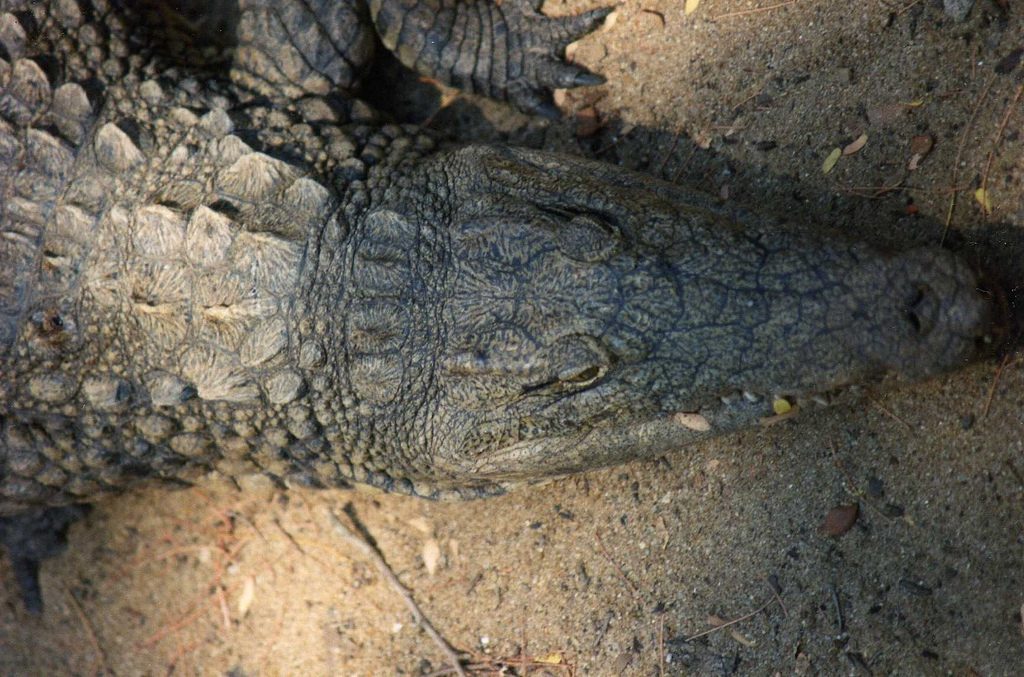Belgium is an essential link in the world’s illegal trade in protected animals and plants, according to a new report from the Worldwide Fund for Nature (WWF) to be presented to the federal parliament today. The WWF report is based on data from Traffic, an NGO which monitors the trade in endangered species. The figures gathered cover the period 2007-2016. It shows that the EU plays a major role in the illegal trade in endangered species, both animal and plant. And because Belgium is central in the EU, it plays an important role, with the airports at Zaventem and Antwerp particularly important.
Among the contraband passing through Belgium is crocodile meat from Zimbabwe (photo) and other reptilian animals and products, as well as sawn African teak and the bark of the African cherry tree, used for medicinal purposes.
The products concerned are included on the international CITES list – the Convention on International Trade in Endangered Species, which includes animals and plants. It’s aim is to protect biodiversity by making it illegal to trade in species whose very existence may be under threat.
The trade in illegal species has turned out to be one of the most lucrative cross-border crimes in the world, together with trade in arms, drugs and counterfeit goods. And yet little is done to enforce the CITES convention. The WWF report not only maps the situation, but also presents governments with a plan of action to tackle the problem, and a call for them to implement it.
“Trade in these wild species requires an interministerial and intersectoral approach,” the WWF says in its report. “As well as the federal and regional responsibilities on the environment and on public health, the main work is the responsibility of the customs, police and judicial authorities.”
Alan Hope
The Brussels Times

